Chi Phat Community-Based Ecotourism in the Cardamom Mountain Range, Cambodia
Chi Phat Community-Based Ecotourism in the Cardamom Mountain Range, Cambodia
Project Status: on going
GOALS AND OBJECTIVES
Chi Phat is a remote mountain community with more than 2,283 residents (632 households) located in the heart of the Cardamom Mountain Range in Cambodia. This largest rainforest in mainland Southeast is one of the planet’s 34 internationally recognized biodiversity hotspots and a global repository of genetic diversity in plant and animal life, one last remaining elephant corridors. Its vast continuous dense evergreen forest canopy stretches over more than 150km east to west and fulfills an extremely important role in regulating rainfall for the entire west of Cambodia. Economic development was stalled for decades due to conflict, abuse of resources by big traders, and the economic isolation of the area. The mountains are under threat from illegal logging, wildlife trading and destructive land concessions.
Chi Phat Community-Based Ecotourism (CBET) was established in 2007 with technical and financial support from Wildlife Alliance, with the goal of preserving the Cardamom Mountain ecosystem by reducing the threat to local natural resources and conserving a region of exceptional natural and cultural significance. To achieve this goal, we have the following objectives:
Provide: alternative livelihoods to local people through technical assistance in developing an ecotourism site that enables villagers to have substantial control over and involvement in the development and management of their community.
Assist: communities with the protection of the biodiversity and natural resources of their region against illegal logging, wildlife poaching, and land encroachment, while providing tourists with a unique green adventure in some rarely visited rural villages of the remote Southern Cardamom Mountains. CBETsupports 340 out of 600 families of former slash-and-burn farmers, loggers and hunters who were previously working for wildlife trafficking middle men. The project also supports a Community Anti-Poaching Unit of 20 rangers, which has significantly reduced the snaring and trapping of wildlife, with visible recovery of wild populations in the area.
Wildlife Alliance has worked with the Chi Phat community since 2007 to help them design an ecotourism project that the villagers could claim as their own, with a signature and brand specific to their village. WA facilitated a participatory process where the community had to decide on the roles and responsibilities of each management group, as well as negotiations on contracts to abandon destructive practices. This comprehensive conservation model has resulted in the reforesting of 733 hectares of degraded tropical areas, the cancellation or reduction of 36 land concessions, provided sustainable livelihood alternatives to 5,000 local community members, and protected 720,000 hectares of tropical forests from illegal loggers and commercial and industrial encroachment.
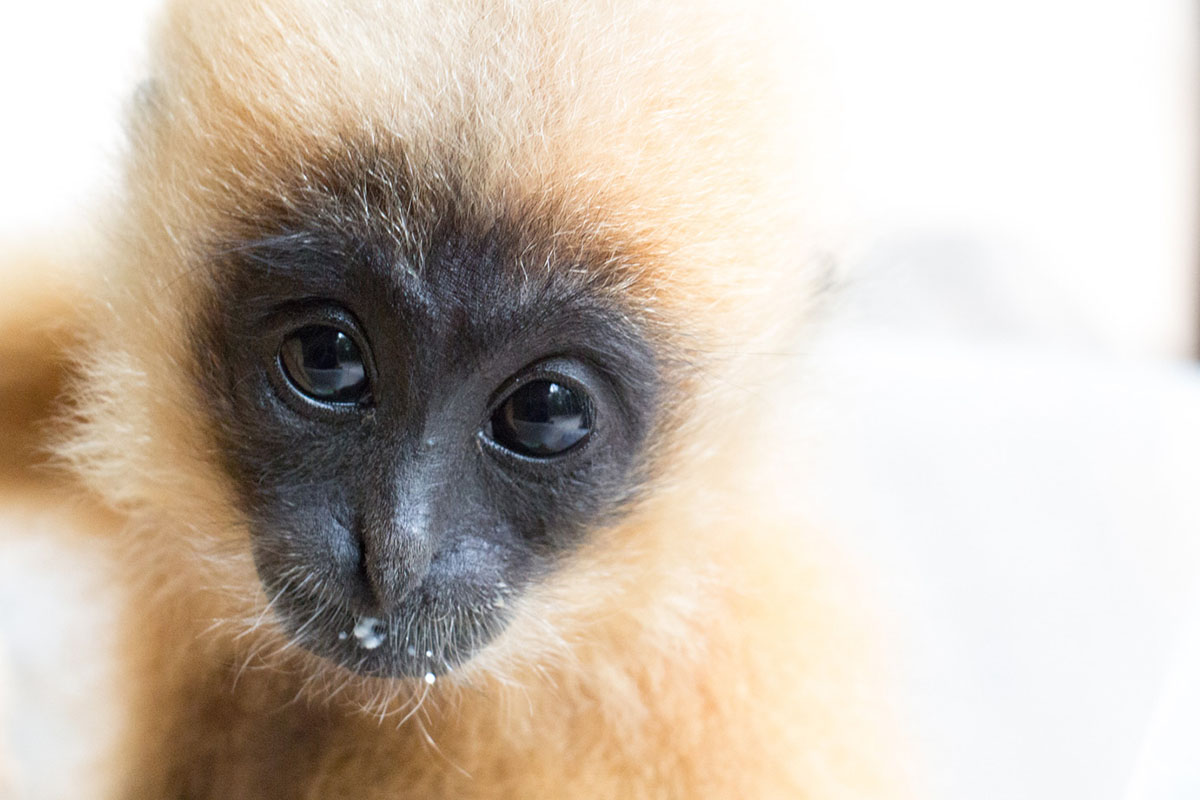
HOW DOES IT CONTRIBUTE TO MOUNTAIN PROTECTION
Today, forest burning has stopped by 100% and hunting by 80%. Since joining CBET they have abandoned forest destruction activities and are earning revenues instead by running guesthouses and homestays, renting mountain bikes, canoe-kayaks and trekking gear to international tourists, and providing transport and nature guiding services. Chi Phat is now regarded as Cambodia’s leading community-based ecotourism project that brings both revenue to the local community and environmental benefits to the mountain ecosystems. As such, the Chi Phat CBET program is a vital component in the long-term preservation of the Cardamom Mountains. Since 2007, more than 15,000 international tourists have visited Chi Phat and the community has received more than $600,000 in revenue, with 80% going to the families providing the services and 20% going to the CBET Community Fund for equipment and infrastructure maintenance.
Furthermore, through the project, 200 students and 10 teachers were trained in waste management and disposal thus improving drastically waste management in the community. Also, a group of Chi Phat Green Ambassadors (15 students) was created to raise awareness on forest and wildlife conservation and waste recycling. The group also connected with a potential green energy factory in Phnom Penh that converts plastic bags into diesel; this will provide a good option to help dispose of plastic bags in the community.
COLLABORATION WITH LOCAL COMMUNITIES AND AUTHORITIES
Community Agriculture Project: Wildlife Alliance has built a successful partnership with former slash-and-burn farmers in the village of Sovanna Baitong providing them with land seeds and livestock and technical knowledge (modern agriculture techniques, a drip irrigation system, marketing expertise, financial literacy, and micro-credit). Moreover, a Community Association was formed to oversee the operation and manage the various social services offered.
Community-Based Ecotourism Project: it encourages collective responsibility through the creation of committees and community funds, homestays, and guesthouses as well as fostering individual initiatives within the community with the creation of various micro-businesses. By sharing activities such as infrastructure improvements, forest trekking and riverboat tours, local residents are ensuring that the development and future of their habitat is in coherence with the community’s culture and heritage.
GOING FURTHER THAN “BUSINESS AS USUAL”
Wildlife Alliance implements a holistic approach to conservation that addresses all the drivers of environmental destruction. Successful results have been reached due to engaging all relevant stakeholders in the design and implementation of each program, and to training local members for as long as needed. Chi Phat is seen as a model for other Community-Based Ecotourism projects, and delegations from around Cambodia now come here to see how it’s done. Beyond international recognition, WA upholds a code of conduct for every participant in programs for implementing, maintaining, respecting and contributing to the welfare of their community and surroundings. For example, codes of conduct for partner tour operators, and individual guests at our ecotourism project, promotes non-intrusive tourism, protecting local traditions, archeological sites, natural resources and the environment.
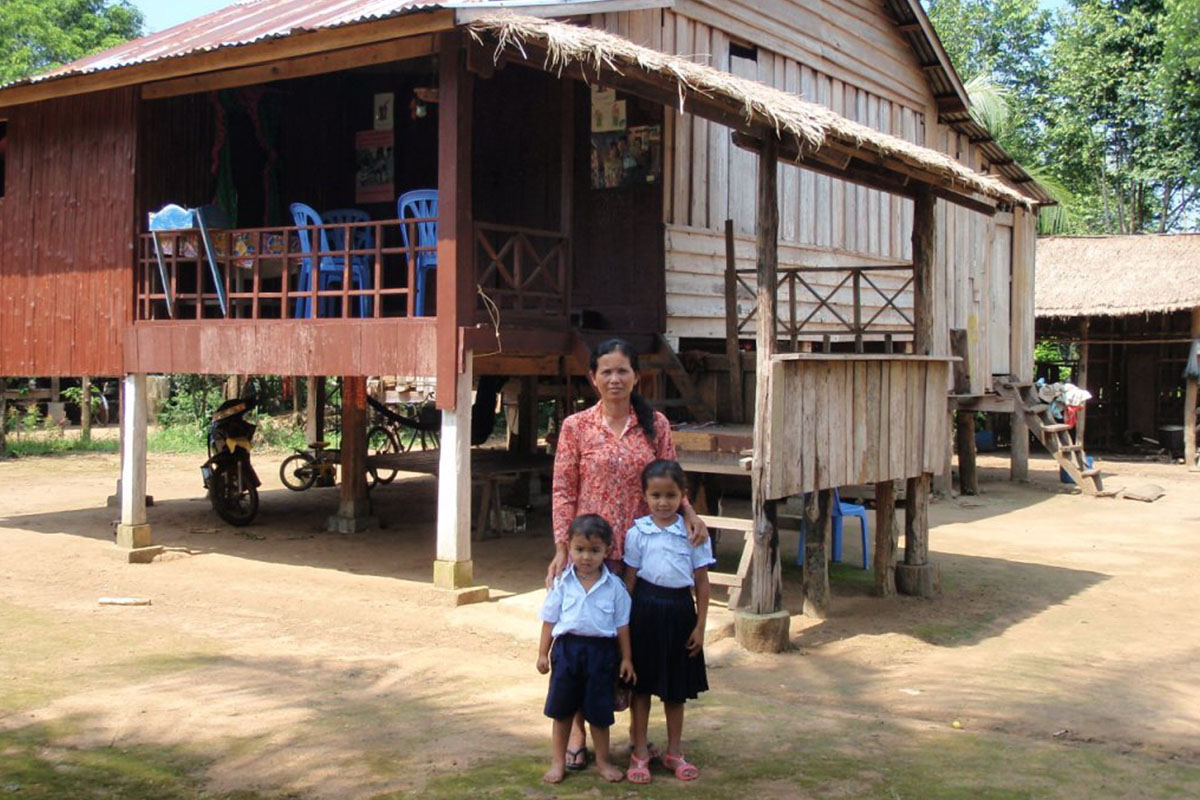
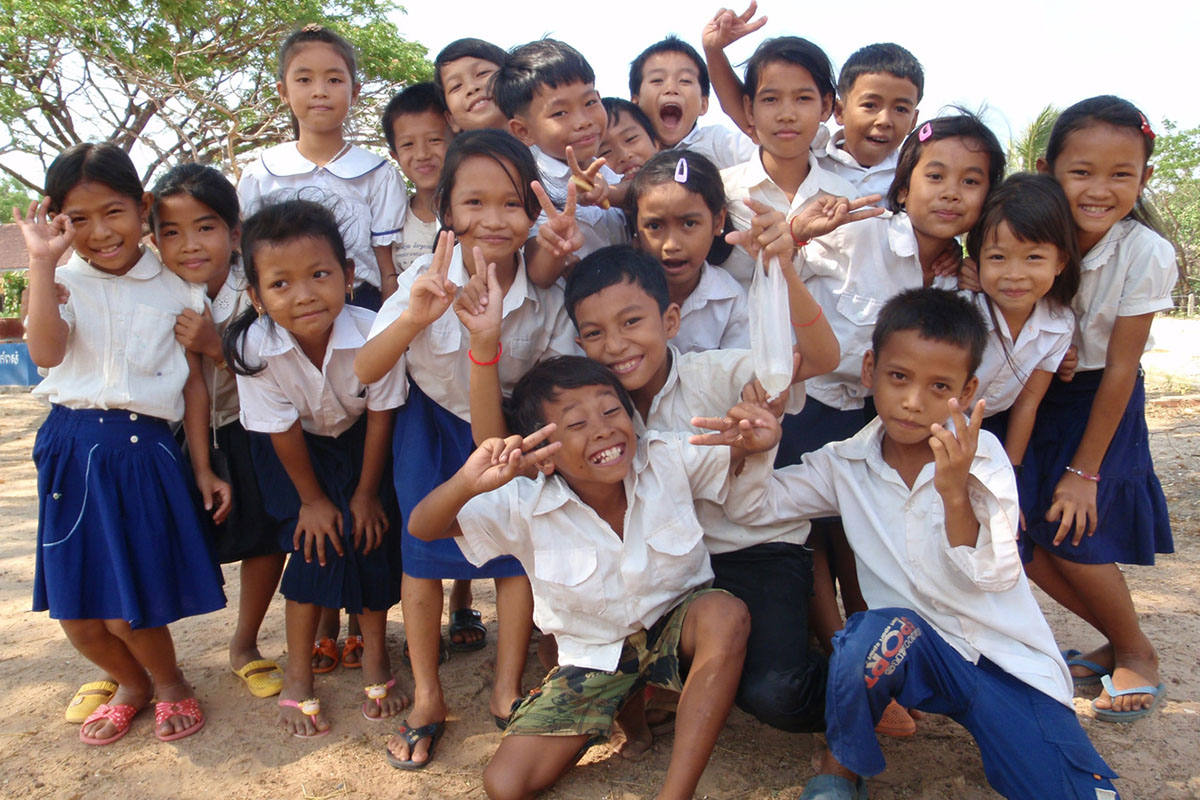
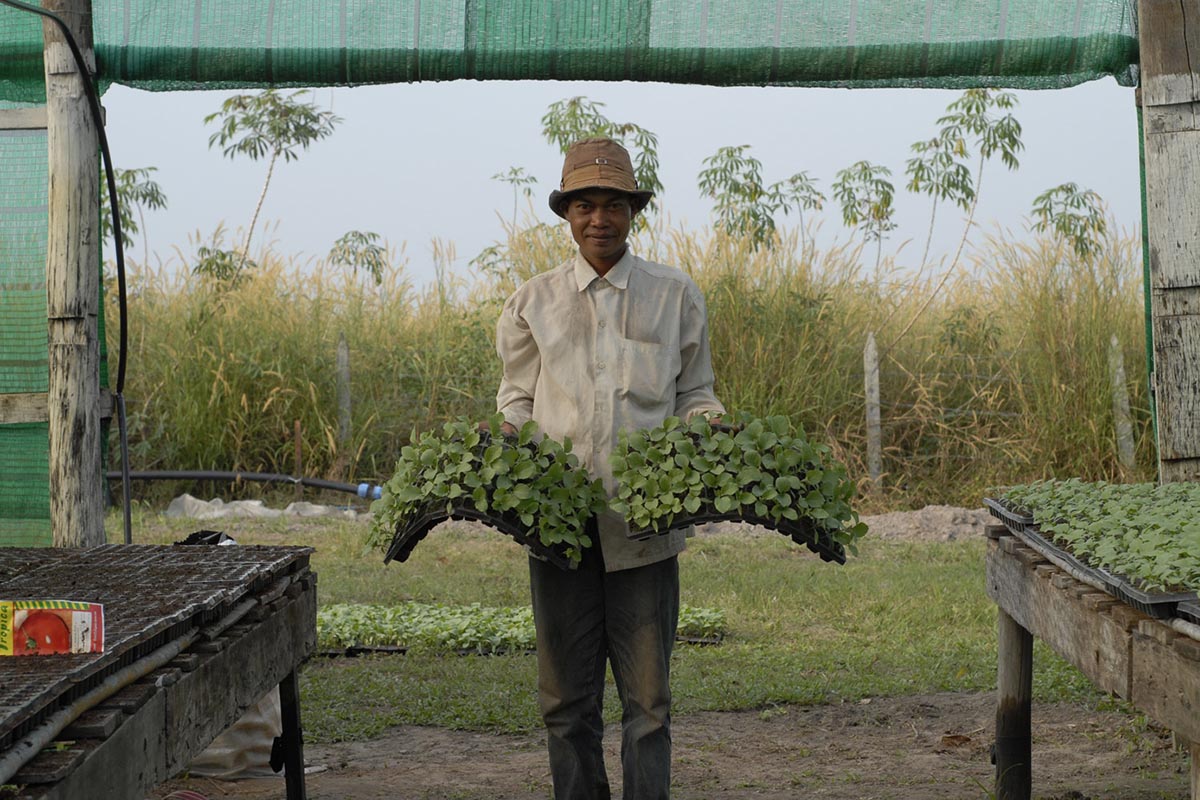
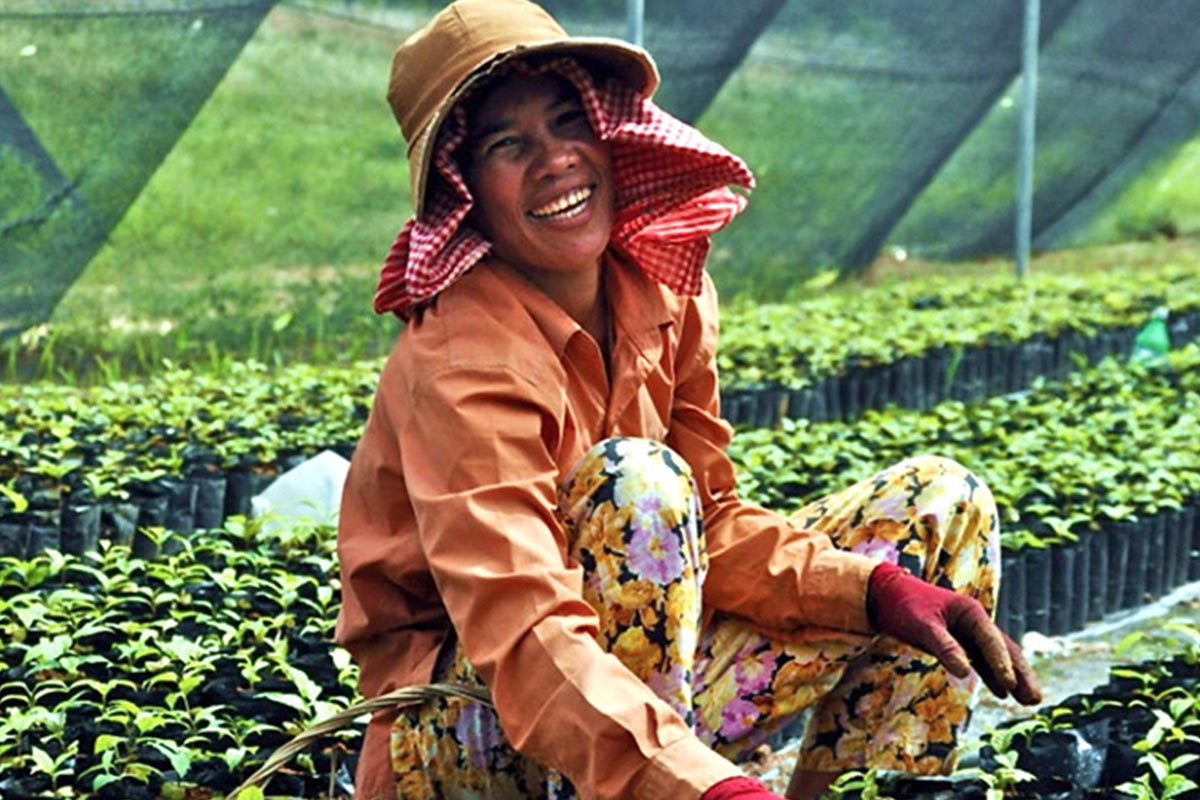
VOLUNTEERING OPPORTUNITIES
Wildlife Alliance offers many opportunities to community members and visitors alike to ensure that the Cambodian natural heritage remains intact. Visitors for example can purchase tree saplings and planting them in a denuded forest area; partake in a 3-5 day patrol with the Community Rangers or they can assist in maintaining and improving village infrastructure or the waste management system. CBET site welcomes volunteers to participate in a range of activities in the village that invigorate the social dynamics of the village while, at the same time, laying a real foundation for capacity enhancement, such as skills development for youths and schools (English or computer lessons, hygiene and sanitation courses and camp building).
Read the complete description of the project.
CONTACT
Touch Sophany
touch.sophany@gmail.com
wildlifealliance.org

